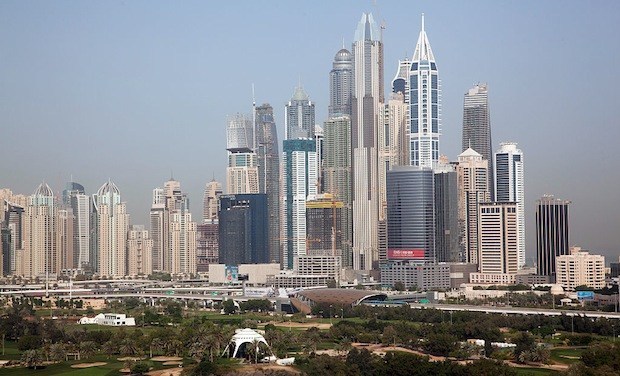Dubai has been ranked as the third most affordable major city worldwide for purchasing prime residential property, according to a new index from Savills.
The World Cities Prime Residential index ranked cities based on capital values price per square foot and price movements in local currency in the half year of the year.
The most affordable cities for prime property were found to be Kuala Lumpur ($260 per sqft), followed by Cape Town ($330 per sqft), Dubai ($600 per sq ft) Barcelona ($650 per sqft) and Madrid ($730 per sqft).
Berlin and Hangzhou (both $960 per sqft), Miami ($980 per sqft), Guangzhou ($1,200 per sqft) and Moscow ($1,250 per sqft) rounded off the top 10.
The most expensive city in H1 for prime property was Hong Kong ($4,730 per sqft), followed by New York ($2,520 per sqft) and Tokyo ($2,150 per sqft).
In Dubai, prime property prices have fallen 20 per cent in the last five years due to high levels of new build stock and global economic uncertainty, the report said.
Swapnil Pillai, associate, Research Middle East at Savills said: “It is a good opportunity for domestic and foreign investors to look at Dubai. Firstly, because the time is right as it is far more affordable to purchase prime residential property now due to lower transactional costs and overall lower prices when compared to other major cities. Investors are paying less for top class specifications.
“Secondly, strong rental yields mean that long-term investors could generate robust annual returns when letting out property in the city.”
Savills research found that Dubai was the fourth best global hub for returns on investment (4.6 per cent).
“It is transparent that capital values in Dubai have not grown at the same rate as other global destinations over the past 10 years, but that is not to say that the next 10 years will mirror this,” said Pillai.
“In Dubai, demand is still strong; however, a mismatch of supply and demand has compressed prices. As supply/demand balances out over time, prices will adjust accordingly, so investment towards the bottom of the cycle could be a shrewd move.”
Globally, price growth across prime city housing markets has continued to slow during the first half of 2019, rising by 0.4 per cent, taking the annual growth to 0.7 per cent. This compares to an annual increase of 5.1 per cent in the year to June 2018.
“There are a number of reasons why the prime residential markets in global cities are seeing a slowdown, with government policy, the cost of money, increased supply and global economic uncertainty all playing their part,” said Sophie Chick, head of Savills World Research.
“Despite this, we do not expect significant price falls across the index, but that growth will remain flat or experience small increases in value in the medium term.”
All rights reserved to the initial publisher for Gulf Business.
Collected and published by Arms &McGregor International Realty® editorial team. Get in touch with us at [email protected]

